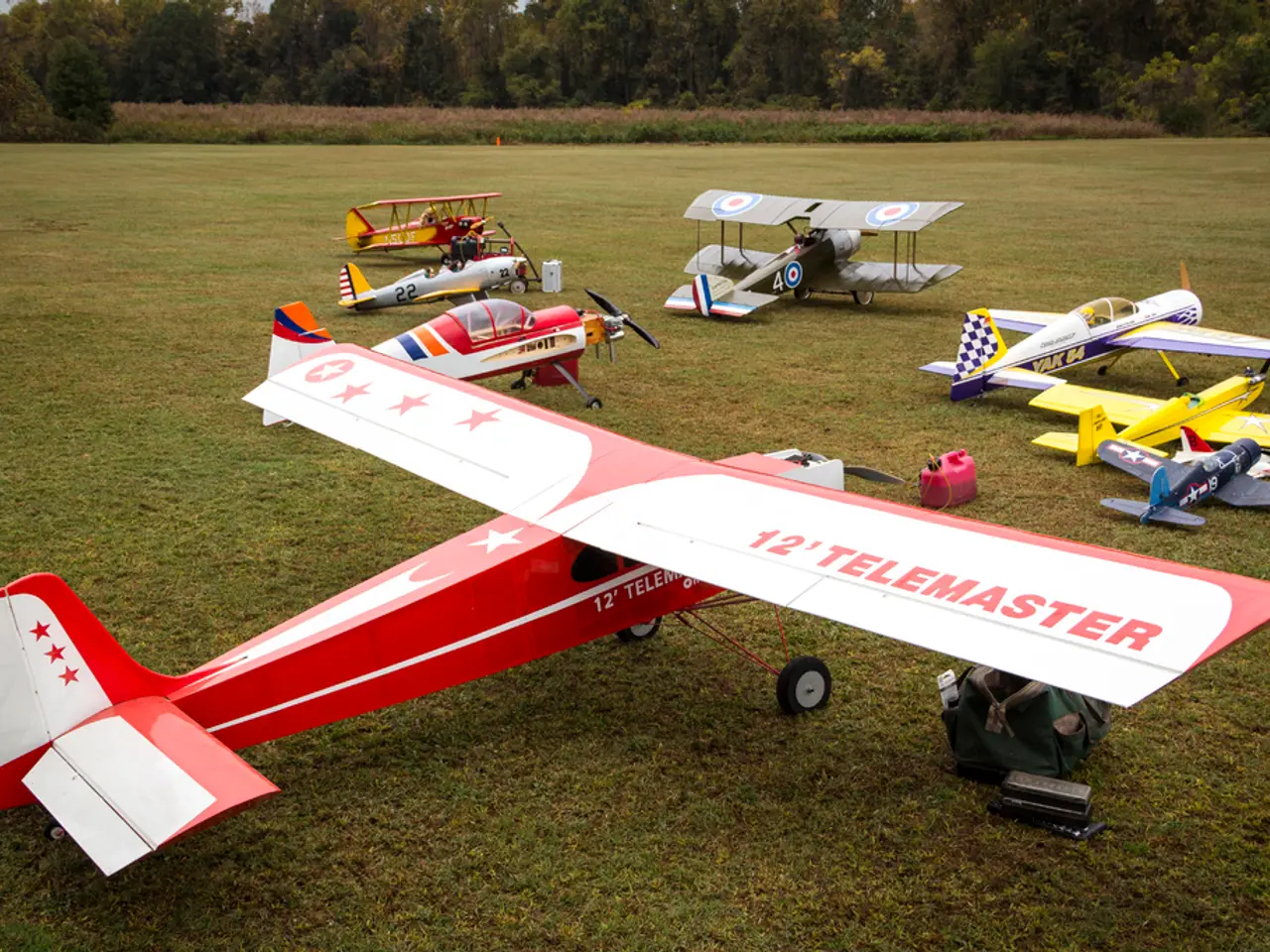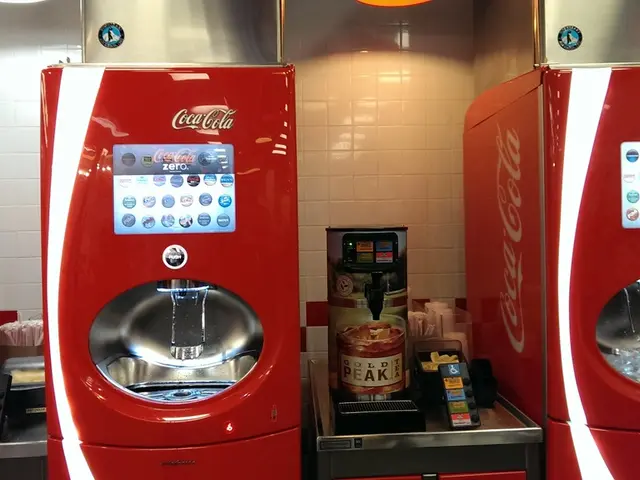Asia-Pacific Aims for Net-Zero Aviation Emissions by 2050, Japan Mandates 10% SAF by 2030
The aviation industry worldwide, including the Asia-Pacific region, is committed to achieving net-zero carbon emissions from aircraft operations by 2050. Sustainable Aviation Fuel (SAF) is set to contribute 65% of this goal. Meanwhile, Japanese authorities have announced a 10% SAF mandate for international flights by 2030.
Initiatives to reduce airlines' carbon footprint are gaining momentum in the Asia-Pacific region, mirroring efforts in Europe and North America. Several projects aim to boost domestic SAF production. Finnish biofuel producer Neste has expanded its Singapore refinery to produce SAF, benefiting Asian airlines with reduced shipping times and costs.
Neste's expansion, coupled with a joint venture between Steyr Motors and Shangyan Power Technology Jiangsu Co., Ltd., is set to increase biofuel activities in Singapore. Neste sources renewable raw materials across the Asia-Pacific region for SAF production. The global SAF production in 2022 was around 300 million liters, with Neste's Singapore refinery alone capable of producing 1.26 billion liters annually.
SAF, which emits up to 80% less carbon dioxide than standard jet fuel, is crucial to the aviation industry's sustainability goals. With Neste's expanded capacity and Japan's 10% SAF mandate, the Asia-Pacific region is well-positioned to lead the way in reducing aviation emissions.







